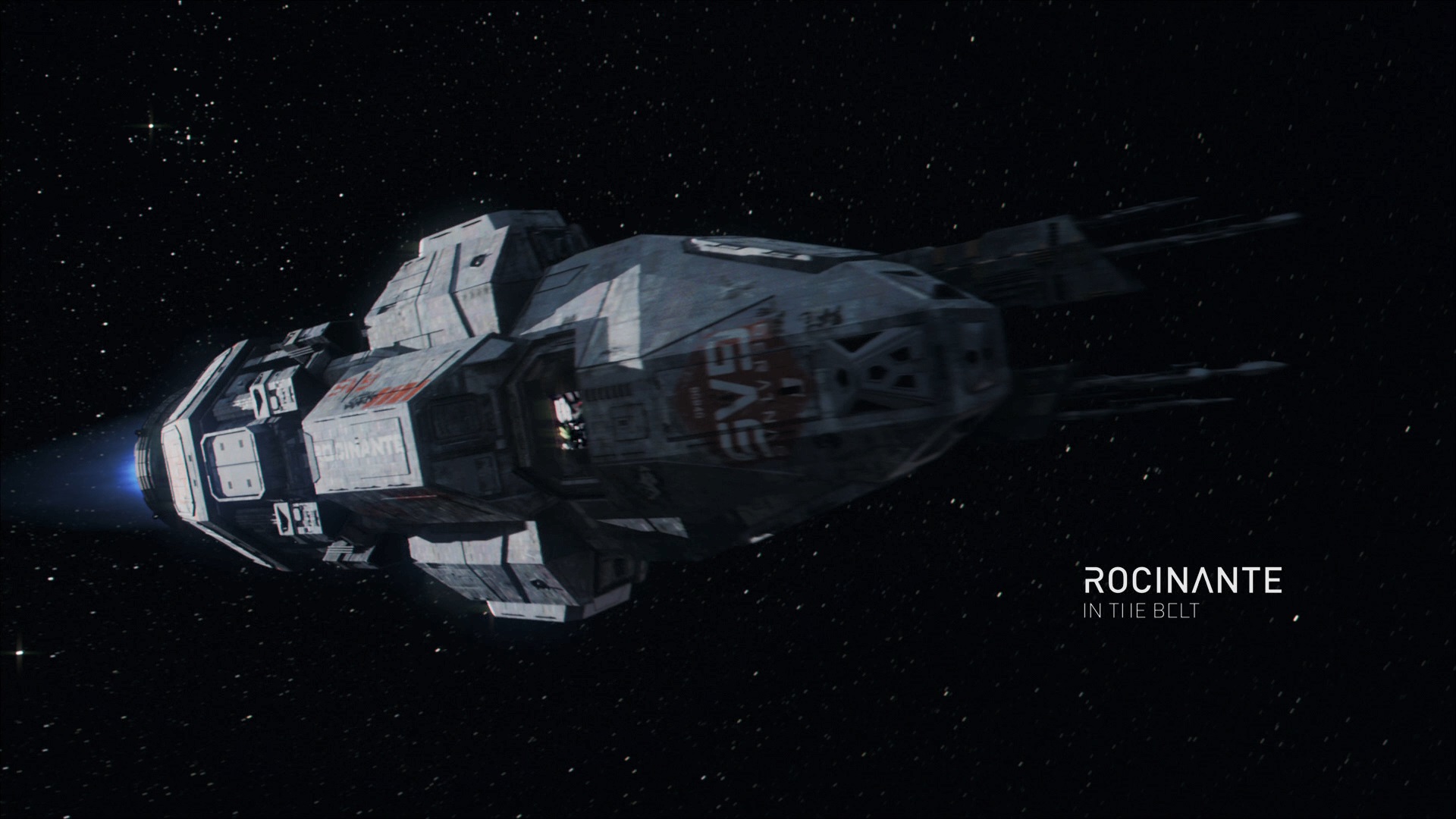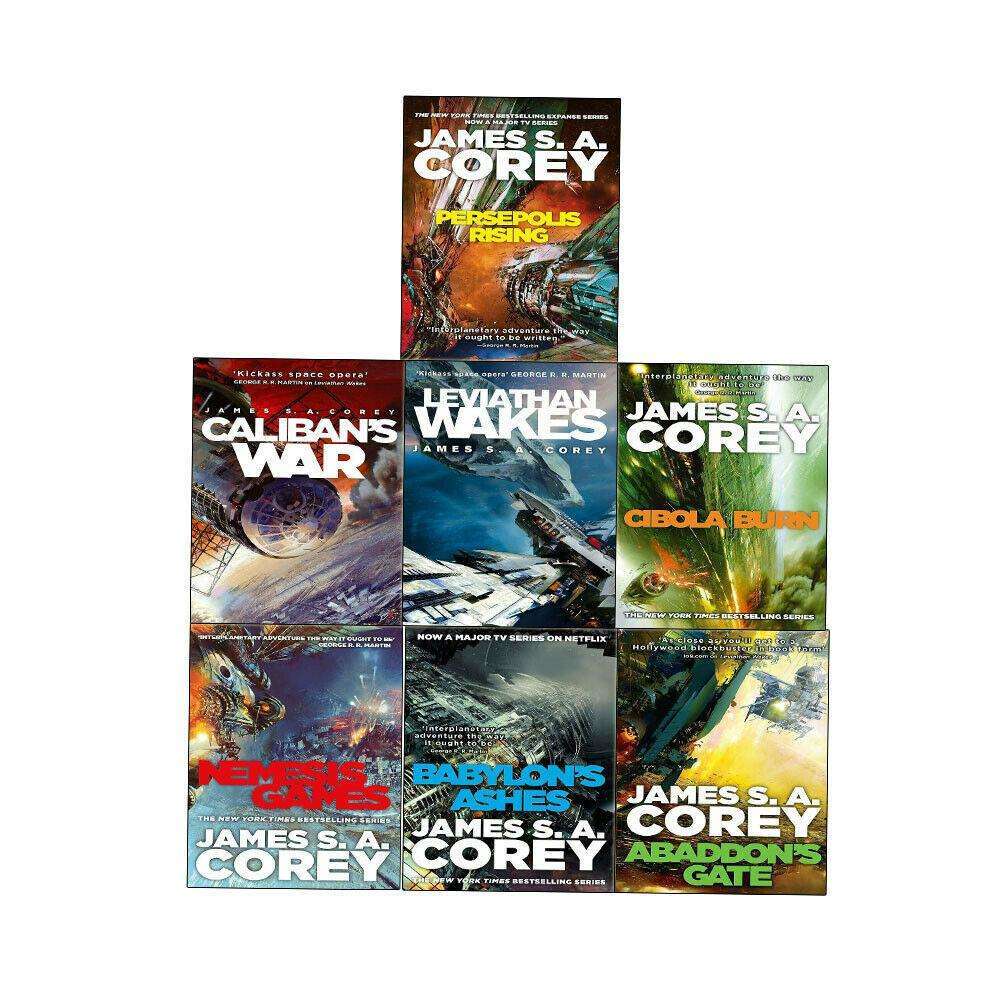
#Summary of expanse books free#
People in the outer planets have lived for generations free from the constraints of heavy gravity, and have started to differ physically from Earthers. Our solar system has been colonized, with outposts on the moons of Saturn and spread across the asteroid belts, but we've gone no further because, come on, space is freaking huge and what are the chances we're going to invent warp drive and quickly stumble across the other needles in the galactic haystack? Besides, we've got enough to keep ourselves busy: colonizing space hasn't exactly united humanity, and Earth, Mars and the Outer Planets Alliance operate under an uneasy truce, with heavy prejudices on all sides. Humanity has colonized Mars and invented an engine that allows fairly speedy travel, to a point. And there is so much to like about the premise, just on the face of it: it's a few hundred years from now. Corey earlier this year, I gushed about the way he was able to do basically all the same stuff within the confines of the epic fantasy genre. I should have expected nothing less of Daniel Abraham, who is one-half of the pseudonymous James S.A. It's the most fun I've had reading sci-fi in a long time. This book gave me cool ideas and everything else: archetypal characters that nevertheless manage to be compelling and sympathetic, interesting and very well thought out politics and economics, constant narrative momentum without sacrificing character. I'm having some trouble locking the tractor beam on my point here, but it basically comes down to this: if you want me to invest in your lengthy space epic, you better give me something more to care about than magic space technology macguffin crap, because I will get sick of that. Because why would you want to explore the stars with assholes? You can make space opera (or epic fantasy or whatever) that is "dark" and "gritty" and still fun to read, with characters that are fun to read about. The characters are complex, they operate in a world that is more grey than black & white, but each also has a clear moral center, so we know why they do the things they do, even when they are terrible things. Say what you will about the annoyingly zealous fanbase (or don't, you don't need the hate email) that show really did almost everything right in translating space opera to the modern age. The closest analogue I can think of is the oft-overpraised television show Firefly. This book has the spirit of the genre's early days, characters who still marvel at the impossible immensity of the stars, but it isn't a pastiche or a throwback - it's a natural evolution, and a remarkably satisfying one. Inevitably, I like them for about 400 pages and then I just. Even with a bunch of cool ideas on display, spending 700 pages in these books is exhausting. Banks) are of the "dark and gritty" variety, grim, nihilistic visions of the future starring amoral asshole protagonists who are impossible to sympathize with. It turns out I was perhaps incorrect: most of the lengthy examples I've sampled in the sub-genre (Alastair Reynolds, Iain M. I complained in my review of Chasm City that the gee-whiz mechanics of space opera can't really sustain a 600-page narrative.

But out in the Belt, the rules are different, and one small ship can change the fate of the universe. Holden and Miller must thread the needle between the Earth government, the Outer Planet revolutionaries, and secretive corporations-and the odds are against them. When the trail leads him to the Scopuli and rebel sympathizer Holden, he realizes that this girl may be the key to everything. One girl in a system of billions, but her parents have money and money talks.

War is brewing in the system unless he can find out who left the ship and why.ĭetective Miller is looking for a girl. A secret that someone is willing to kill for-and kill on a scale unfathomable to Jim and his crew. When he and his crew stumble upon a derelict ship, the Scopuli, they find themselves in possession of a secret they never wanted. Jim Holden is XO of an ice miner making runs from the rings of Saturn to the mining stations of the Belt. Humanity has colonized the solar system-Mars, the Moon, the Asteroid Belt and beyond-but the stars are still out of our reach.


 0 kommentar(er)
0 kommentar(er)
